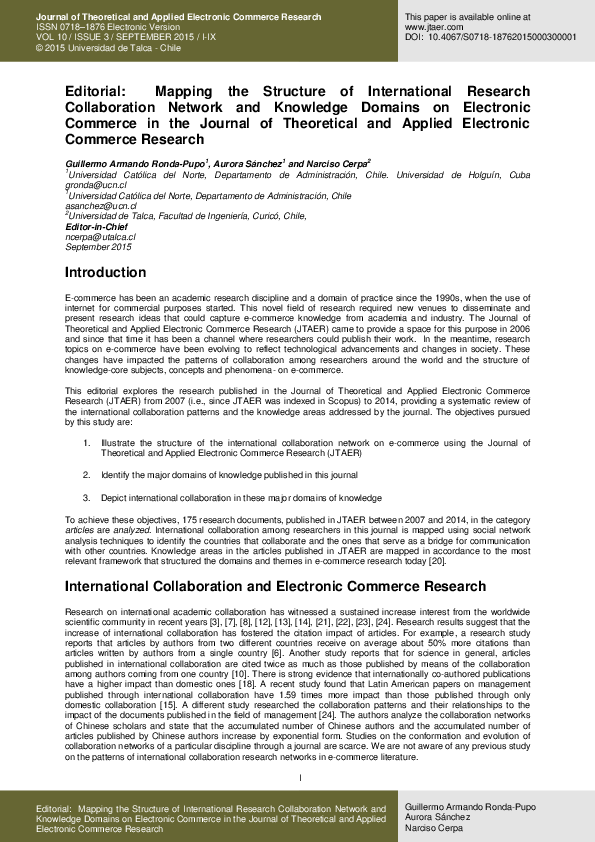Don’t Like Them but Take What They Said: The Effectiveness of Virtual Influencers in Public Service Announcements
IF 4.6
3区 管理学
Q1 BUSINESS
Journal of Theoretical and Applied Electronic Commerce Research
Pub Date : 2024-09-05
DOI:10.3390/jtaer19030110
引用次数: 0
Abstract
Despite the growing use of virtual influencers in communicating public service announcements (PSAs), their PSA communication effectiveness remains underexplored. Virtual influencers are digital entities who generate content on social media to establish a digital identity and personal brand. This research examines the effectiveness of virtual (vs. human) influencers in conveying PSAs, focusing on consumers’ attitudes toward the influencers and their acceptance of PSA messages. Three experimental studies (N = 1429) spanning different cultural contexts reveal that consumers hold a less favorable attitude toward virtual (vs. human) influencers who post PSAs. Nevertheless, virtual influencers are equally effective as human influencers in influencing consumers’ acceptance of PSA messages. Dual-mediation processes involving mind perception and novelty perception are identified. Furthermore, we find that incorporating emotional appeal can enhance the effectiveness of virtual (vs. human) influencers’ PSA communications. These findings contribute to the literature on virtual influencer marketing and PSA marketing, offering practical insights for leveraging virtual influencers in PSA campaigns.不喜欢他们,但接受他们说的话:虚拟影响者在公益广告中的效果
尽管在传播公益广告(PSA)时越来越多地使用虚拟影响者,但对其公益广告传播效果的研究仍然不足。虚拟影响者是在社交媒体上生成内容以建立数字身份和个人品牌的数字实体。本研究探讨了虚拟影响者(与人类影响者)在传播公益广告方面的效果,重点关注消费者对影响者的态度以及他们对公益广告信息的接受程度。三项跨越不同文化背景的实验研究(N = 1429)显示,消费者对发布公益广告的虚拟(与真人)影响者的态度并不那么好。然而,在影响消费者接受公益广告信息方面,虚拟影响者与人类影响者同样有效。我们发现了涉及心智感知和新奇感知的双重中介过程。此外,我们还发现,情感诉求可以提高虚拟影响者(相对于人类影响者)的公益广告传播效果。这些发现为有关虚拟影响者营销和公益广告营销的文献做出了贡献,为在公益广告活动中利用虚拟影响者提供了实用的见解。
本文章由计算机程序翻译,如有差异,请以英文原文为准。
求助全文
约1分钟内获得全文
求助全文
来源期刊
CiteScore
9.50
自引率
3.60%
发文量
67
期刊介绍:
The Journal of Theoretical and Applied Electronic Commerce Research (JTAER) has been created to allow researchers, academicians and other professionals an agile and flexible channel of communication in which to share and debate new ideas and emerging technologies concerned with this rapidly evolving field. Business practices, social, cultural and legal concerns, personal privacy and security, communications technologies, mobile connectivity are among the important elements of electronic commerce and are becoming ever more relevant in everyday life. JTAER will assist in extending and improving the use of electronic commerce for the benefit of our society.

 求助内容:
求助内容: 应助结果提醒方式:
应助结果提醒方式:


